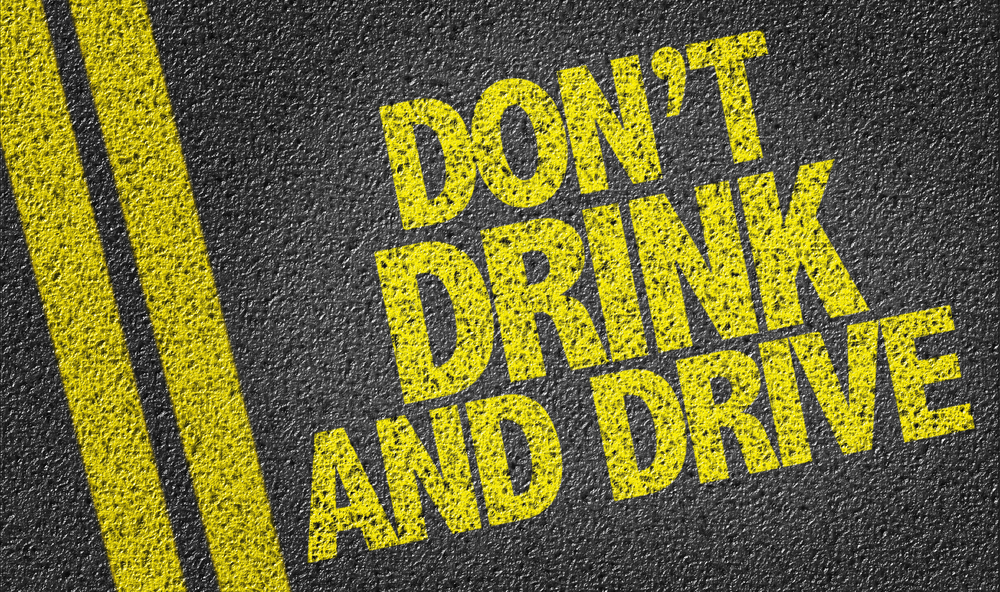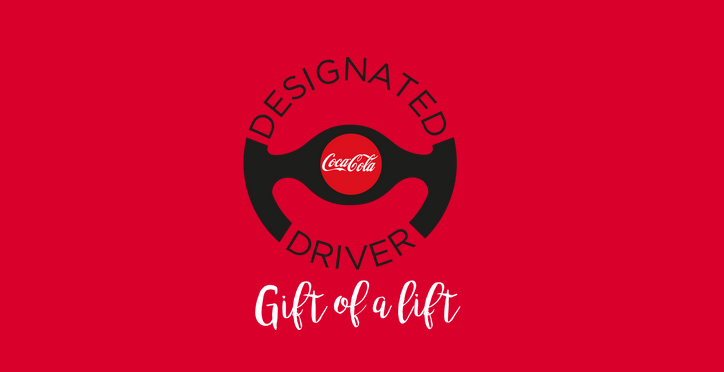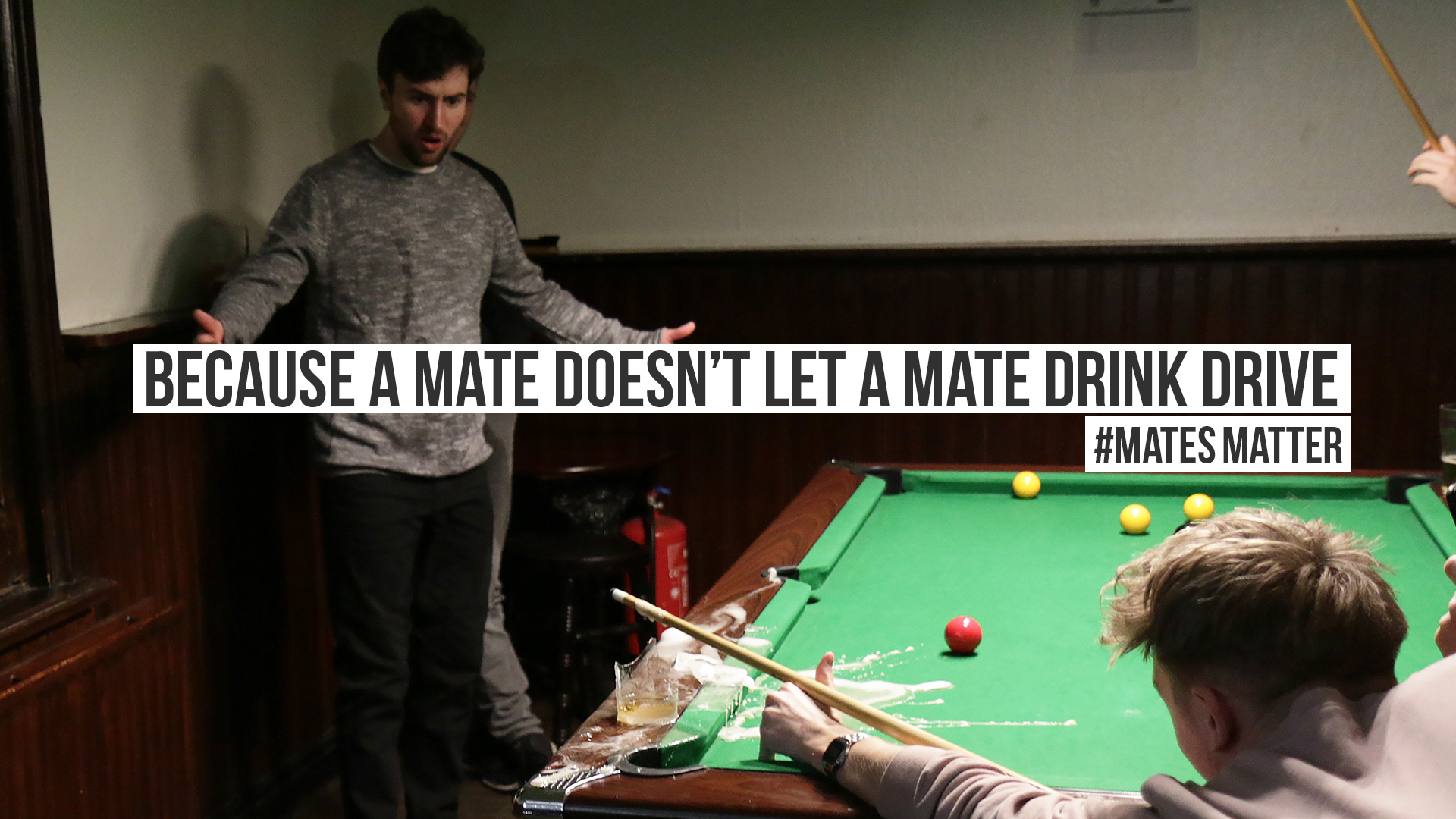
Christmas time, as we all know, is a festive period that concludes with New Year’s celebrations. So while we want to wish you a great 2019 and realise that the general mood at this time of year is typically jolly, there is something rather serious that should never be forgotten: never ever drink and drive.
A research published by the Telegraph during the summer, found out that, unfortunately, not only do fuels power fleets, but drug and alcohol consumption is to some extent fuelling a percentage of drivers within the industry. According to Alere Toxicology (a company who specialises in drug testing), one in every thirty (3.3%) of employees is likely to have drugs in their system at any time; and the data shared by The Institute of Alcohol Studies state that each day in the UK, 200,000 people turn up to work nursing a hangover.
The data provided has obvious consequences on road safety: the UK Government states that 9,050 people have been killed or injured when one driver involved was over the drink drive limit, with a total number of 6,080 collisions, some of those behind the wheel were employees engaged in work related activities.

As the festive period is once more upon us, the tendency to celebrate and drink more increases markedly and drivers might become more complacent—companies need to be alerted to the risks and have a solid policy in place dealing with the use of drugs and alcohol behind the wheel.
In some countries, the legal limit or the penalties have changed in an attempt by the authorities to make the roads safer: in Ireland, in October of this year, The Road Traffic (Amendment) Act 2018 was put into force, and drink drivers detected with a blood alcohol concentration between 50mg and 80mg will be disqualified from driving for three months and fined €200. In this case, the amendment increases the penalties so that drink drivers will now lose their license for three months based on a blood alcohol content that was lower than the law allowed previously.
Drink driving campaigns are in force all over the world, with Ireland focusing particularly on the ‘morning after’ drivers still likely to be affected by the alcohol consumed from the night before. According to data shared by An Garda Siochana and the Road Safety Authority, some 11 per cent of fatal collisions in which a driver had consumed alcohol took place between 7am and 11am.

Past campaigns also covered the importance of not encouraging friends to drink, like this “Think” one from last year, known as “Mates matter” and “A mate doesn’t let a mate drink drive”. The central theme can be also be found in the different designated driver campaigns running in other countries (here we are looking at the Irish campaign) but all concentrate on the importance of appointing a designated driver for a night of celebrations (who can benefit from the free non-alcoholic drinks on offer as an incentive offered by pubs in various locations that are participating in the Coca Cola campaign, where the driver will ‘give the gift of a lift’).
If a member of your staff is on the road with alcohol, it means unsafe roads, a higher possibility of injury and collision and liability of the company for any accident that a drunk driver can cause. Make sure you have drink driving monitoring in place if you want to run a safe fleet this Christmas.



